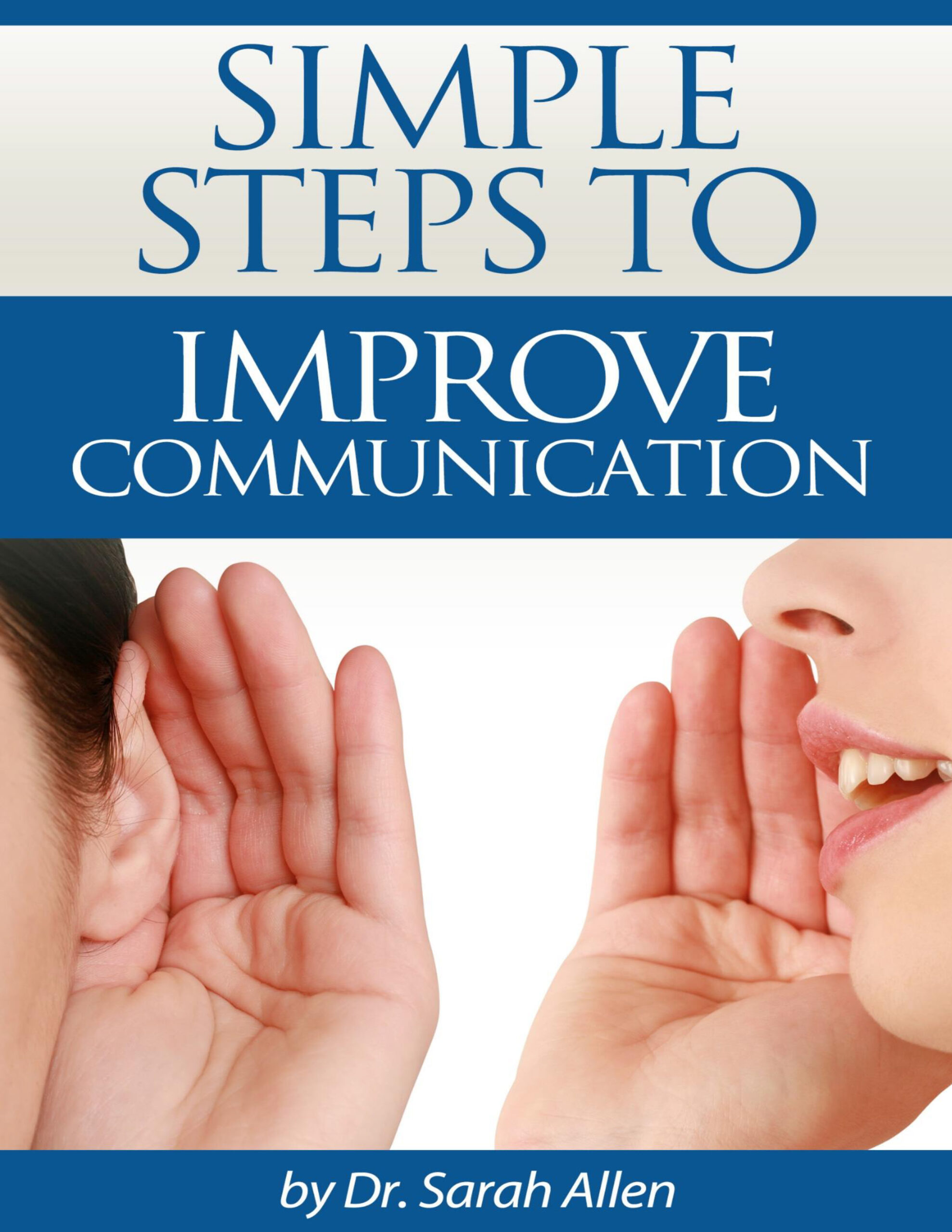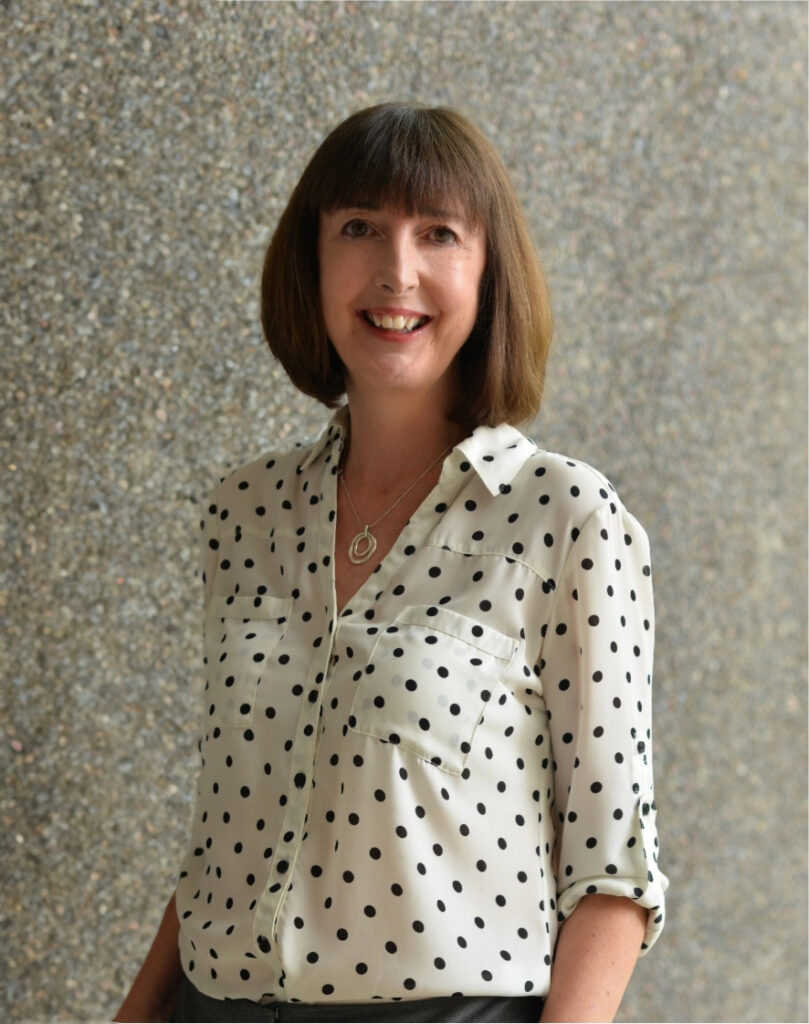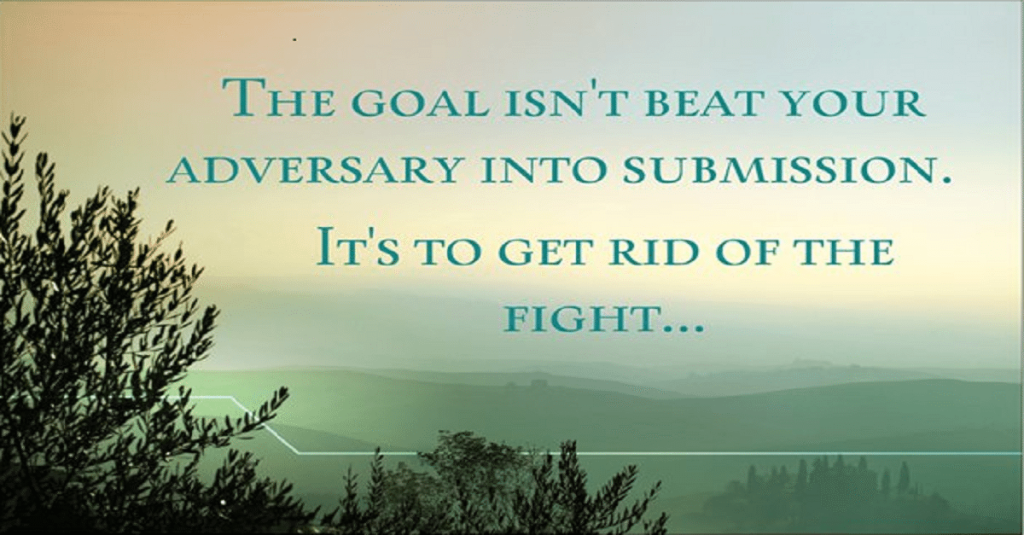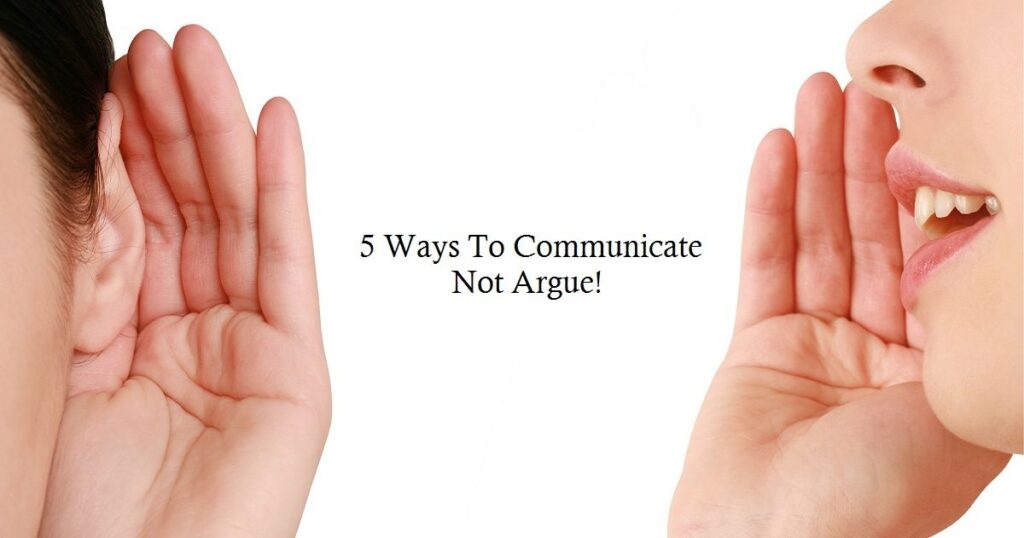RelationshipCoaching
How Can Relationship Coaching Help?
Let’s focus on what you want your relationship to be like and create changes to make that a reality.

Relationships can become stagnant if ignored but it is easy to find yourself doing that when feeling overwhelmed by everything else in your life.
Do you feel that you are disconnected from your partner and what started out as a great relationship now has you living like roommates? Are everyday disagreements over money and power issues leaving you drained and resentful? Perhaps you are finding that the smallest of issues turns in to a major argument or maybe you are trying to avoid contact with your partner all together?
Many people find themselves in a relationship that has not lived up to their expectations and end up feeling stuck, unheard and unsatisfied. Please don’t give up hope as many couples go through difficult periods.
Things can get better.
Together we will find the strategies that work best for you and your relationship.
Through relationship coaching you will learn techniques that empower you to build a more connected and loving relationship. Together we change the things that aren’t working, and build on the strengths both of you already have. We develop your personal “toolbox” for dealing with problems that come up now, and in the future. Although the past is important in shaping where you are today, and past trauma, anxiety, depression and other emotional issues are discussed, our focus is improving the present.
We acknowledge how hard it is to sustain a good relationship and we can develop the practical and communication skills you need to support each other. Being in a supportive relationship has a very protective effect that makes everyday frustrations, as well as the bigger stresses in life, much more manageable.
Here Are Answers To Some Concerns That Frequently Come Up
Many couples feel this way when they first come in. So far your attempts to resolve your conflicts by yourself haven’t been very productive which has probably left you with little hope. However, you will see that by learning to listen to each other and communicate better, problems aren’t insurmountable.
Even if it might appear that way to you at the moment, it is rarely just one person’s problems that are causing all the relationship difficulties. The way we interact with each other, bring up our concerns and support each other, affects the relationship so even if one person is having a particularly difficult issue, we can build up your relationship so you can both deal with problems more effectively.
This actually comes up frequently. One partner “doesn’t believe in couples coaching.” Many individuals feel angry or hopeless when their partner refuses to actively engage in making the relationship better. What I have found is it helps more if you have relationship coaching by yourself than to do nothing. In fact, working on the way you personally are affecting the relationship can drastically improve the quality of the relationship for both of you. The changes one partner actively makes can go a long way and often, when the other partner sees your commitment to actively working on things, they become interested in participating too.
Therapy addresses mental health issues such as (but not limited to) trauma, anxiety, depression, eating disorders, self-esteem or addictions. If you are experiencing a mental health issue it can affect how you relate to your partner. In my experience, therapy is best done individually and may be needed (by one or both partners) either before, or simultaneously with, couples coaching. I often hear that one part of the couple feels like they are okay and their partner’s mental health issues that are causing the relationship difficulties. This is not a helpful way of looking at things and it is important to own our behavior and not blame the other person for relationship problems. However, anxiety or depression etc.. can affect how we react and relate to others and it is good to address that separately to the couple coaching sessions. See my pages relating to Anxiety, Depression, Eating Issues, Pregnancy & Postpartum Mood disorders.
Relationship coaching focuses on the present and involves defining and setting goals to move towards the relationship you want to have rather than repeatedly going over ‘old ground’ and feeling stuck in the past. Coaching can include learning how to communicate and listen better, negotiate and set healthy boundaries, identify and shift unhelpful behaviors to more helpful patterns that facilitate a better, more rewarding connection.
If you would like to learn more about the difference between Relationship Coaching & Couples Therapy read

If you would like to learn ways to communicate better and improve your relationships please contact me with any questions or to set up an appointment at 847 791-7722 or on the form below.
If you would like to read more about me and my areas of specialty, please visit Dr. Sarah Allen Bio. Dr. Allen’s professional license only allows her to work with clients who live in IL & FL & the UK and unfortunately does not allow her to give personalized advice via email to people who are not her clients.
Dr. Allen sees clients in person in her Northbrook, IL office or remotely via video or phone.

Do you need help improving your communication skills? Download now “Simple Steps To Improve Communication”
Are you looking to enhance your ability to communicate effectively? Whether it’s in your personal relationships, professional endeavors, or everyday interactions, mastering communication is key. Download my booklet “Simple Steps to Improve Communication” now to discover practical strategies and techniques that will empower you to express yourself with clarity and confidence.

As featured in

If you are thinking about getting counseling and you’d like to talk to someone about the things that are troubling you, I am happy to help.











